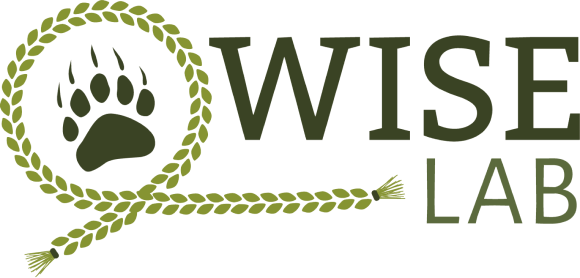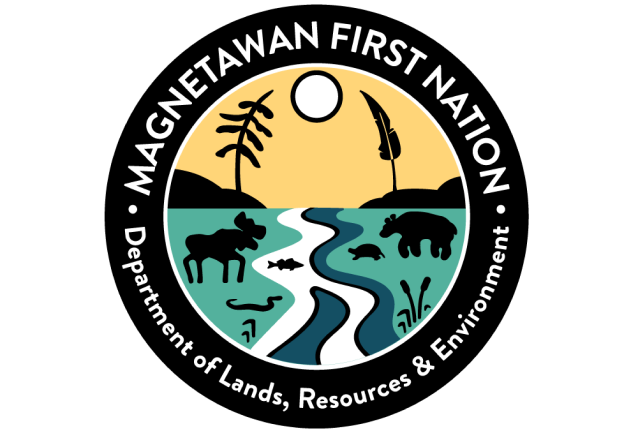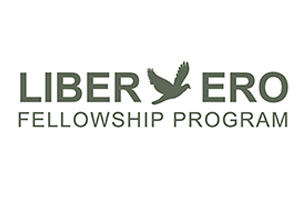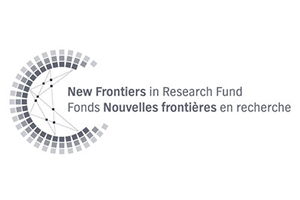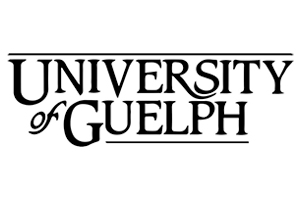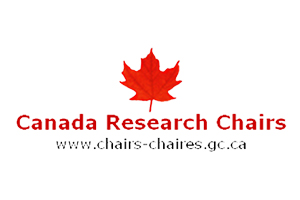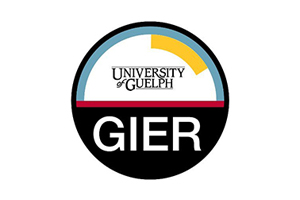Weaving Ways of Knowing
About
Origin of the Project:
In 2019, the Wildlife, Indigenous Science, Ecology (WISE) lab from the University of Guelph and Magnetawan First Nation (see “Partners” below) hosted a workshop in the Robinson Huron Treaty area to discuss environmental concerns and research priorities. An unanticipated theme that emerged from discussions throughout this workshop was a widespread need for enhanced networking, communication, and collaboration across Nations. Workshop participants suggested that, while many personal and professional networks exist, having access to resources and a community of environmental professionals that transcends worldviews, sectors, and locations could provide new opportunities to learn, share knowledge, collaborate, build community capacity, and generate new and creative solutions to shared problems.
To understand more about the broader interest in a knowledge sharing network, and how to best accomplish it, our team initiated a second phase of the project in 2020, where we engaged in discussions with representatives from some of the same Anishinabek communities and some new First Nation and Métis communities across so-called Canada.
Stemming from the insights and recommendations shared with us by Indigenous community representatives, in both phases of the project, our team created this website as a platform for learning, knowledge sharing, collaborating, and capacity building for both Indigenous and non-Indigenous environmental professionals interested in weaving knowledge systems in their environmental work.
By providing a centralized hub for resources on this topic, case studies of projects that respectfully weave knowledge systems, and a space for advertising events, asking questions, and sharing project information, we aim to facilitate and inspire future monitoring, research, and decision-making that is founded in our collective priorities, customs, and knowledges.
* all of the quotes throughout the website were from interviews conducted in 2021, summarized in this report
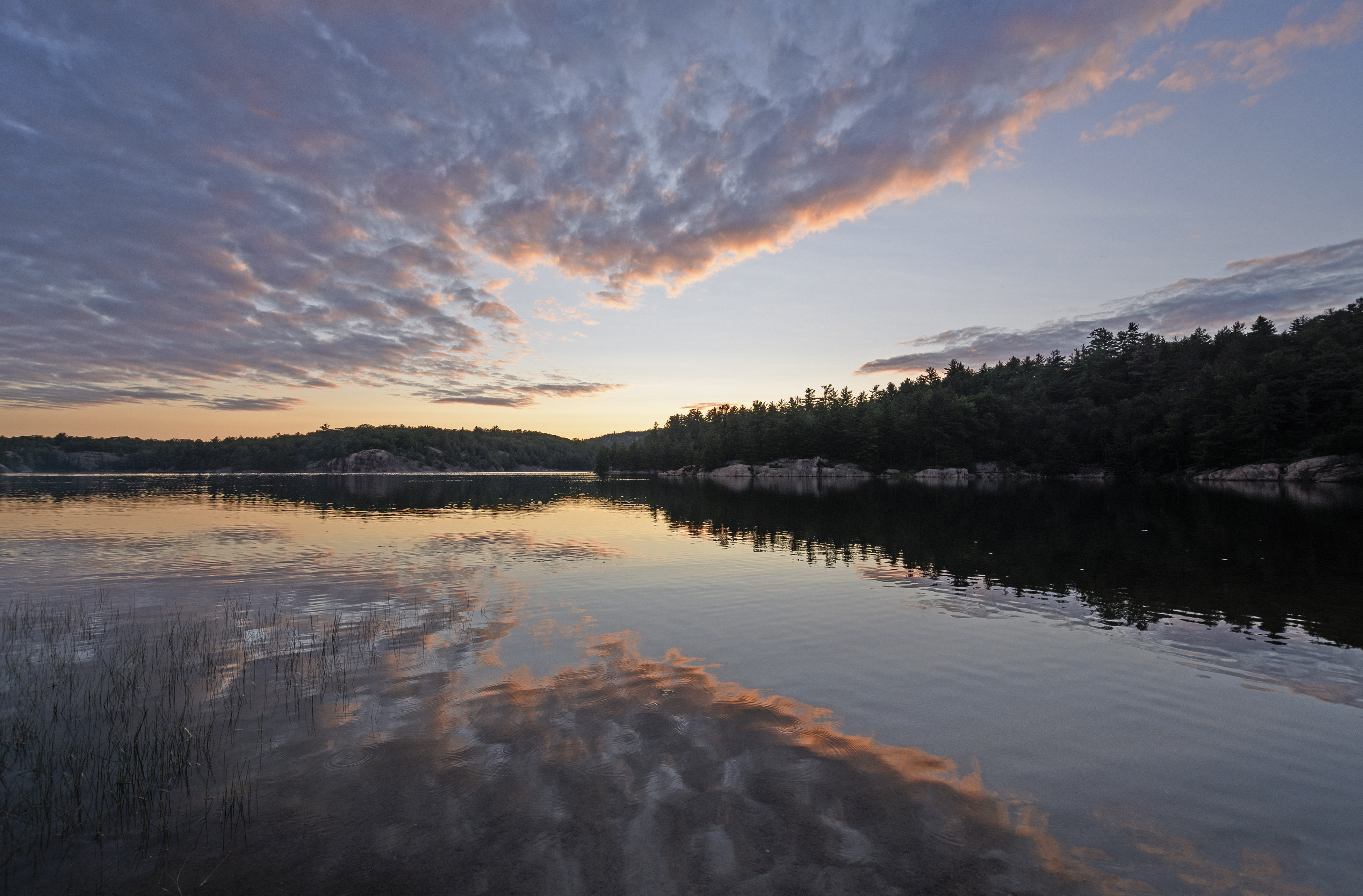
Partners
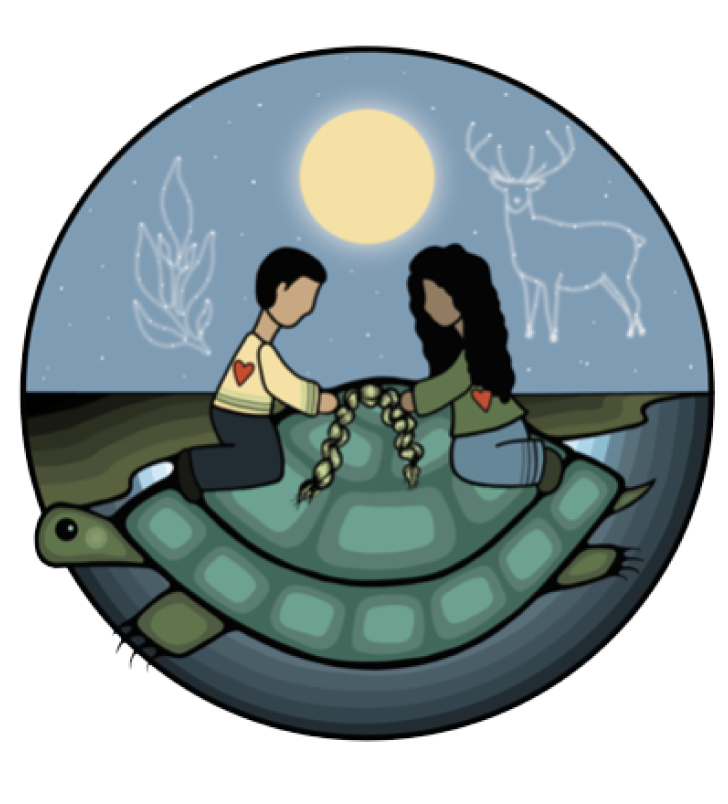
Artist Bio:
Rachel Bach is Ktunaxa from ʔakisq̓nuk First Nation. Her heart is in Manitoba, where she was raised and completed both a Bachelor of Arts degree and Master’s degree in Development Practice in Indigenous Development. Rachel has extensive experience working with Indigenous women and youth. Her work and research experience demonstrate a decade long commitment to reproductive safety and culturally-based services for Indigenous Peoples. She recently graduated from the Midwifery Education Program at Ryerson University and currently serves Indigenous pregnant people in on Treaty 1 territory (Winnipeg). In her spare time she explores her creative side through art and graphic design, and is a mother to her son, Wanuyit.
